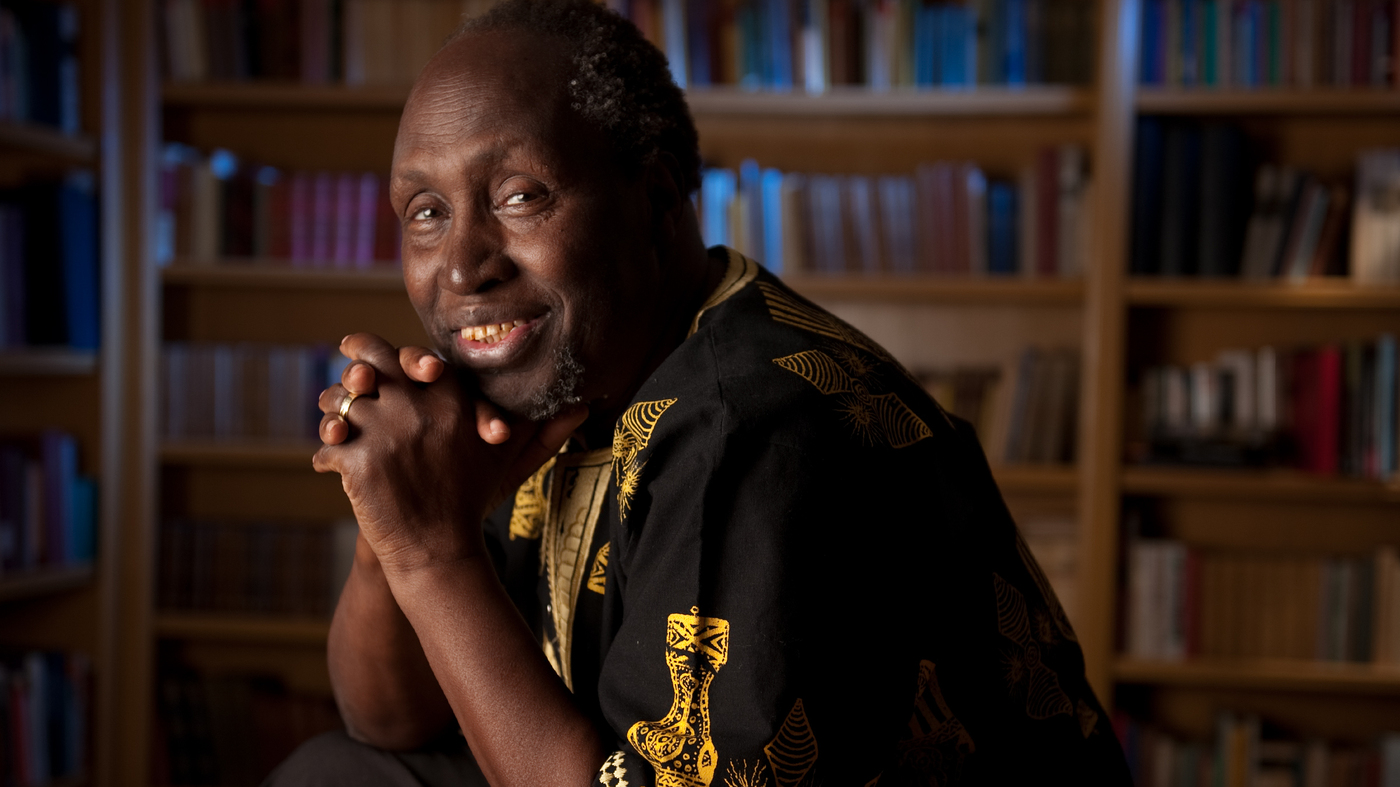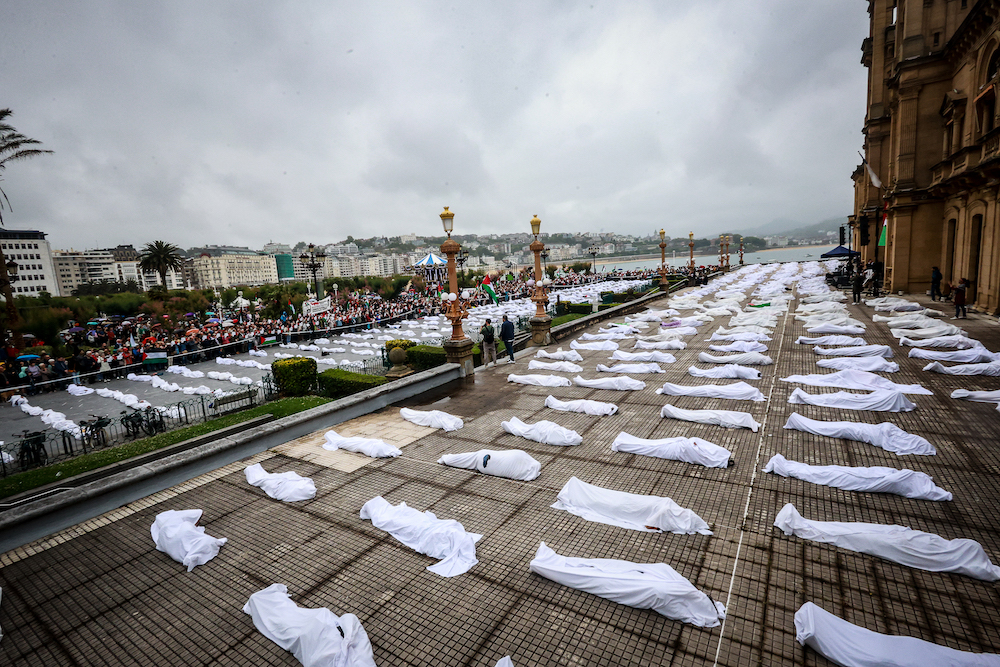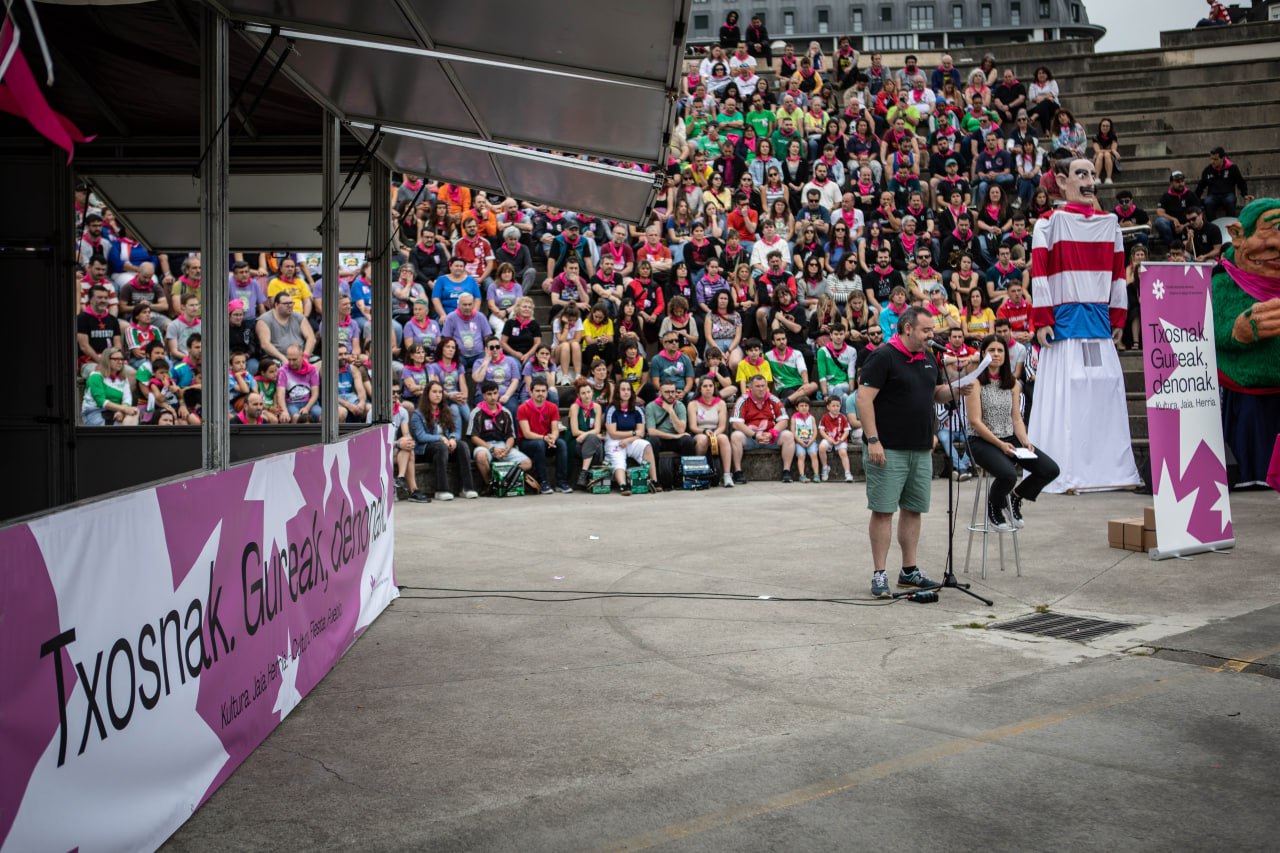"Under the pretext of security, the European Union supports dictators"
- A journalist, Sihem Bensedrine (La Marsa, 1950) had to leave for Barcelona to defend human rights. Now, due to the new situation, he has been able to leave his exile and return to Tunisia.
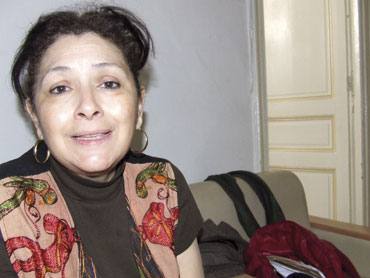
Zine El Abidine against the dictator Ben Ali was paid dearly in Tunisia and she and her husband Omar Mestiri had to leave after receiving numerous threats. On 13 January, as a result of the Tunisian revolution, Ben Ali fled the country and Bensedrin took the first plane home. He is now the leader of the Tunisian Rights Group and has clear objectives: to build democracy and end impunity.
After 23 years of dictatorship, Zine El Abidine Ben Ali fled Tunisia. Now what is it?
The Ben Ali regime has fallen, but in two months it is impossible to end a dictatorship that has lasted 23 years. It is imperative that the members of the former regime be removed from all State structures, both economic and political. Our challenge is to pave the way for democracy against all these reactionary forces. These forces have money and power and are working. They are very strong and that is why the main objective of our struggle must be to expel them.
You will have to accept that progress has been made. The RCD, the former party of Ben Ali, has been dissolved and the role of the Political Police has been suspended by the government of the new Prime Minister, Beyi Said Essebsi.
It is true that the abolition of RCD has been achieved, at least legally. But it has many branches. It has at least 30,000 to 40,000 people responsible for corruption, repression and fraud. We must now turn to them to exclude them from the new Tunisia. If not, we’ll see how the crowded facets of the old regime come to life. We need to look at how we stop this trend. The establishment of a new electoral rule may be an option. We must use the rule to lose all the legitimacy that they retain, so that these aspects do not become a new masked RCD. We're stubborn about it.
The Ministry of the Interior has stated that it has disbanded the Political Police.
It should be noted that on many occasions we have called for the disappearance of the Political Police and it is true that one group has been disbanded, but others remain. According to the Ministry of the Interior, there are only 200 police officers. And we're not happy because it's okay to disband a team, but there's still a lot of work to be done. We want the new organization to be formed, which will be proposed by civil society, so that the police will be a Republican group that will work for the people and the Tunisian revolution. Instead, the police are fighting the revolution and that is very dangerous.
Europe has made many efforts to control the transition in Tunisia and it seems that the President of the Spanish State, José Luis Rodríguez Zapatero, travelled to Tunisia as the first representative of the European Union to promote this position. There are sectors in Europe that say that the Tunisian process is similar to the Spanish transition.
Today, there are a lot of people who have been stubborn during the dictatorship. Not only support the dictatorship, but also profit from it. They are now disguised and portrayed on TV as revolutionaries, but we can’t forget that Ben Ali’s media managers have kept their jobs. The same media that existed during the dictatorship continue and even if they say otherwise, they want the defeat of the revolution.
We have made concrete proposals to the ministers. For example, customs: there were many corrupt people in customs, all of them supporters of Ben Ali. Our work is not over. But it's hard because they still have a lot of power. Our goal is not only to clean up the political or economic terrain, but to remove dirt from every authority that influences the public.
It must be admitted that Tunisian society has gone beyond that of Spain, with the overthrow of a dictator and two provisional governments. Where are we right now?
We have had a revolutionary event: the breaking of the dictatorship. Young people on the street, demonstrations... They can't take that away from us. But when it comes to the law, we still have a lot of work to do, because we have laws of the regime that were based on repression. For example, the law does not respect freedom of expression and the right to assemble and form associations. All the laws belong to the old regime, although no one respects them. We are putting forward proposals for change. However, we are developing freedom outside the legislative sphere, because the law itself guarantees the violation of rights.
The social situation has been highlighted by left-wing analysts, but poverty remains for the moment. What initiative will be taken to overcome this?
This is a big challenge. Ben Ali and his mafia have left the country, but they have left their people here to continue to run the system, including the economic field. At the moment, employment and the poorest regions have not developed very well. We are working to balance economic activity and we have signed agreements with the European Union to revive the Tunisian economy in a precarious situation. For example, the President of the Spanish State, José Luis Rodríguez Zapatero, came to Tunisia with the commitment to support the revolutionaries. I personally met with Zapatero and he told us to present proposals. However, we made it clear that we are not ready to adopt the European agenda. He pledged to accept our requests and we look forward to meeting them.
The European governments supported Ben Ali in his day.
It's the truth. And that is why we have denounced that the European Union did not have a dignified attitude with the dictatorship of Ben Ali, because the latter did not comply with the values set out in the Charter for the creation of the European Union. Under the pretext of security, the EU has supported all dictators in our area: Ben Ali, Gaddafi, Bouteflika... All of them have had the support of Europe because they have been seen as a safeguard against illegal immigrants. We have met with the European authorities and reproached them for having made mistakes. We have told them that they must correct their policy in Tunisia, because we have common interests. This is not a revolution that goes against you, but one that is built together with you. We are very close, we are partners and if we manage to keep democracy and the country’s goods there, we will be able to take care of our young people and they will not have to go abroad as illegal immigrants.
The fear of Islam is a Europe-driven idea. But religious attacks have also been reported in Tunisia in recent days.
There are many provocations behind which there is the Political Police: they have formed a party with extreme positions. They want to spread terror among the people. They are responsible, for example, for the demonstrations that have taken place in front of the synagogue in Djerba. They want to show that the revolution must be made against others, but that is a terrible lie. We Tunisians have no problems, neither with Christians nor with Jews. Even moderate Islamists have no problem. There are no extremist people in Tunisia, even if the police try to create such hostilities.
In the fight against impunity, torture is an important issue.
The number of people tortured is tens of thousands. In the early years of Ben Ali, a system was put in place that hindered the investigation and the question of the complaint ended up in the hands of the police. As a result, he was forced to appear before the same police officer who had tortured him and the people did not file complaints. This trend was reversed at the beginning of 2000 with the publication of the first list of tortured persons. Now, there's another mindset.
On the other hand, torture was on its way down until George Bush put the war on terror into effect. With European approval, many Tunisians were tortured in secret prisons set up by the Bush Administration under the theory of Justice Minister Alberto Cruz. We have provided the names of more than 200 torturers and requested that the investigation be launched. Impunity was not the sole responsibility of the Tunisian Government; other Governments, such as the French Government, were being splattered.
What problems have you encountered along the way?
As long as the Ministry of Justice remains in corrupt hands, we cannot act against impunity. The political will to put an end to this situation is necessary, it is not something that comes suddenly. For example, proceedings should be instituted against 30 or 40 torturers. Justice is the main protector of those who have had to do with the despotism of the dictatorship. Right now, we have four cases of missing persons on the table.
Support for genocide
Within the State of Israel, there is considerable support for the latest operation. Haaretz has released the results of a survey conducted for the Pennsylvania State University, which shows that 82 percent of “Israelis” support the comprehensive... [+]









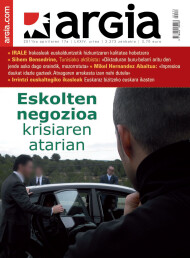

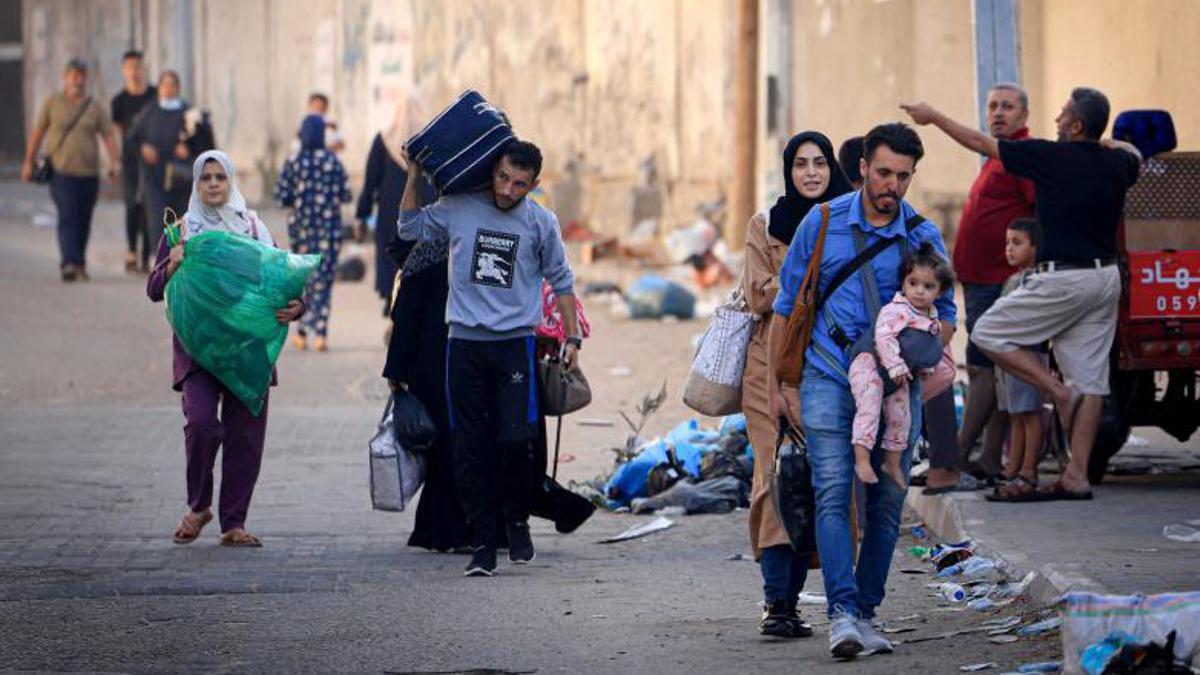
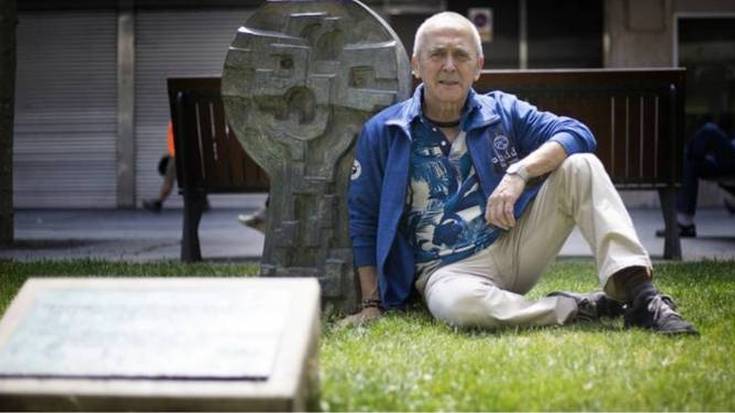
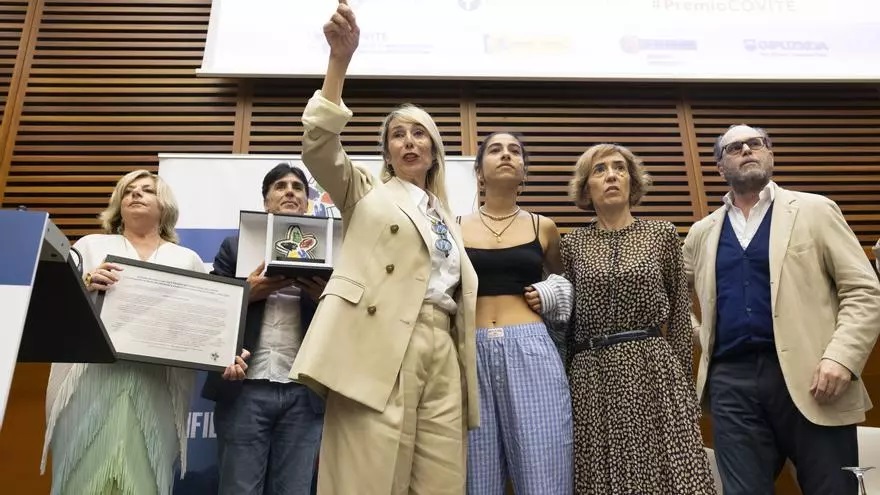
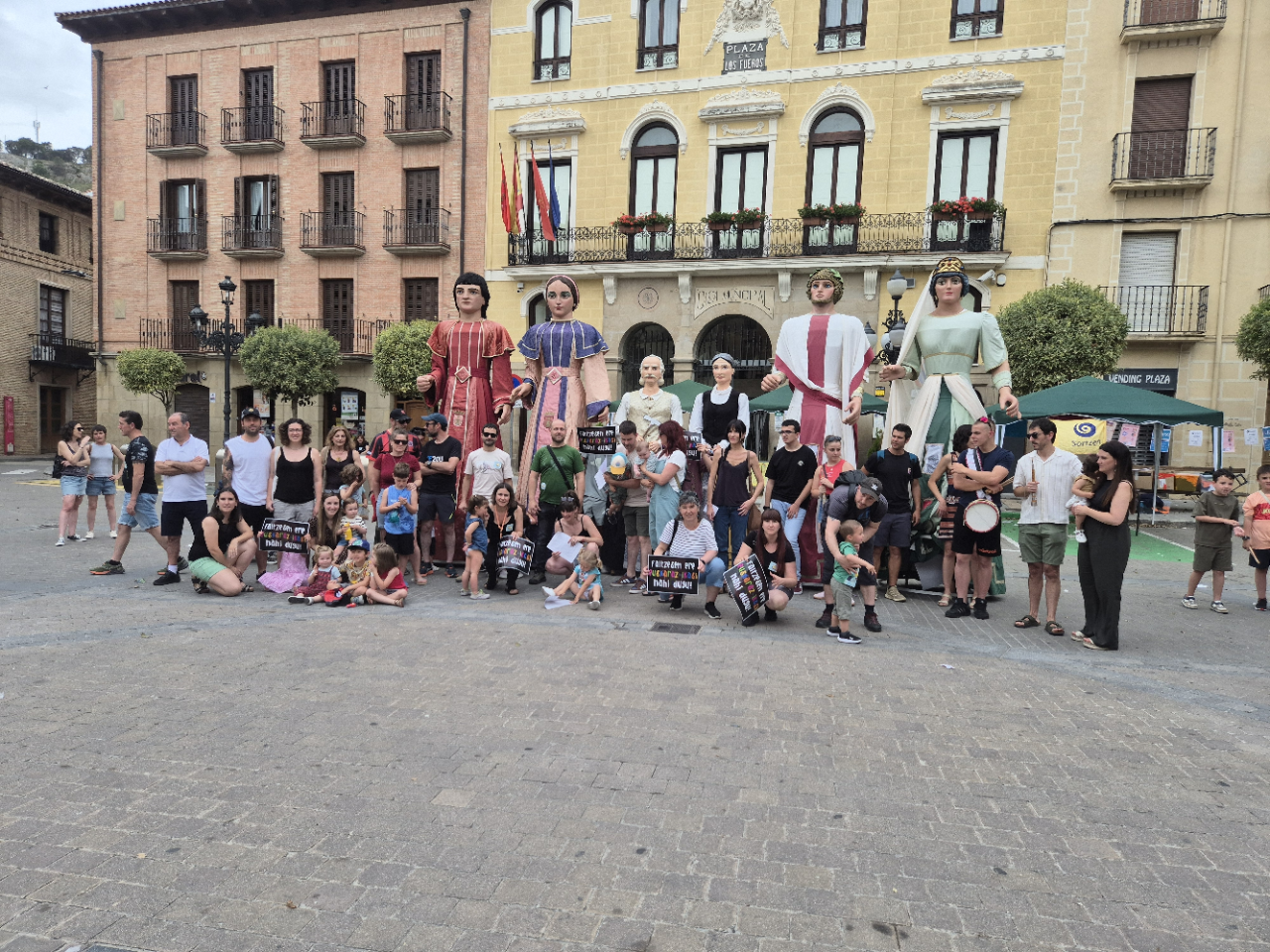
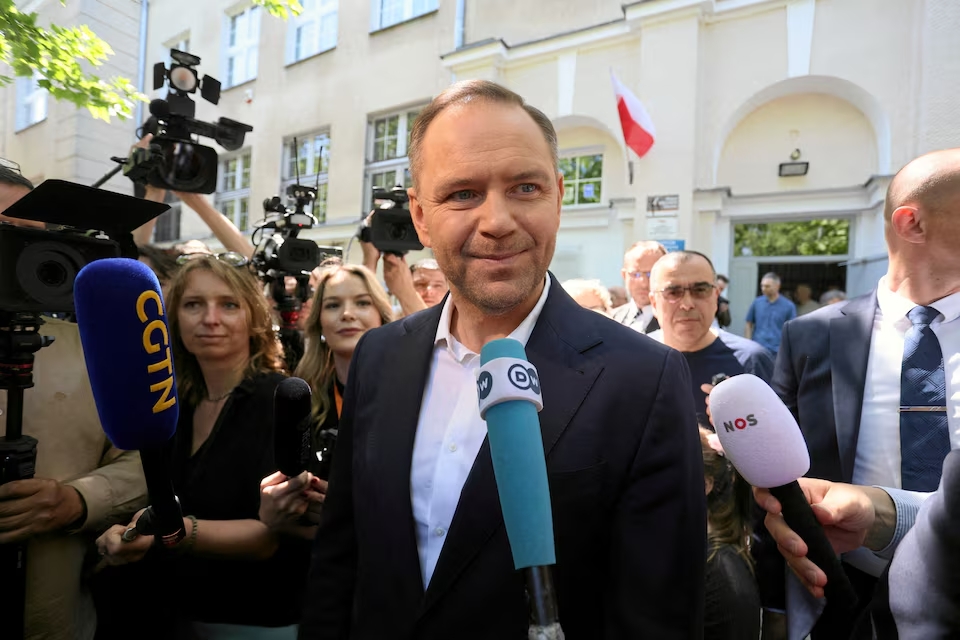
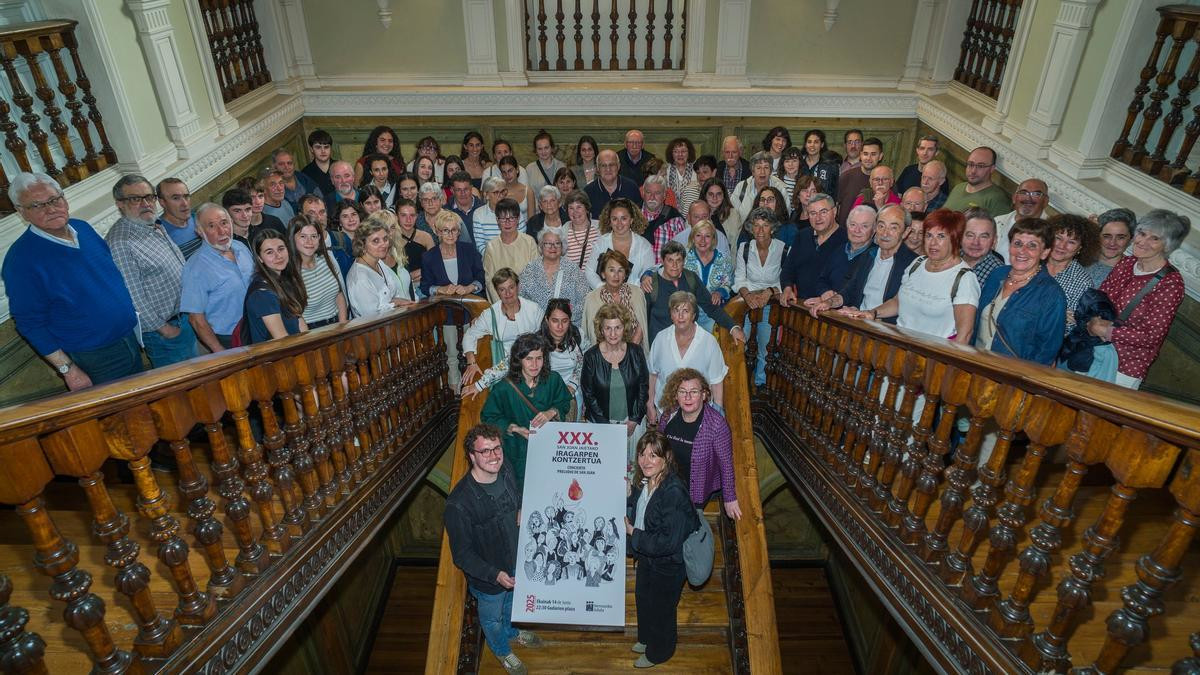
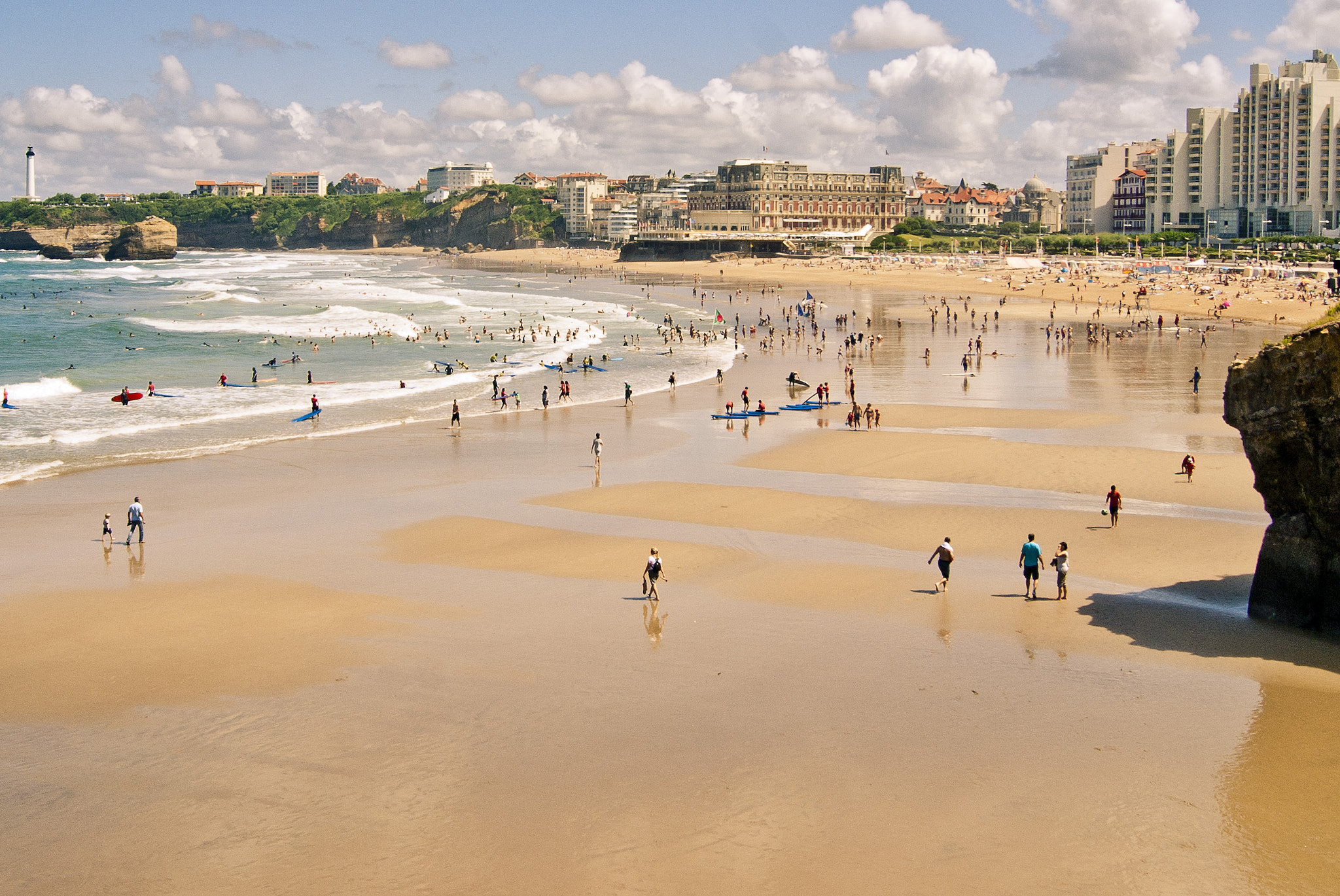
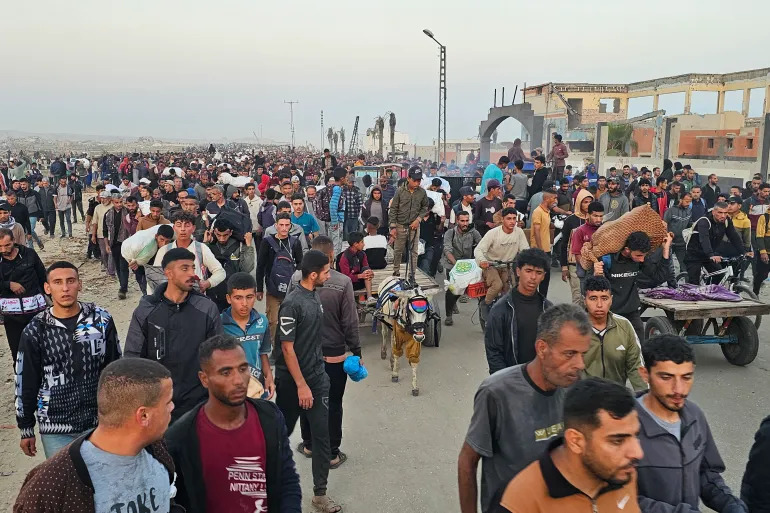
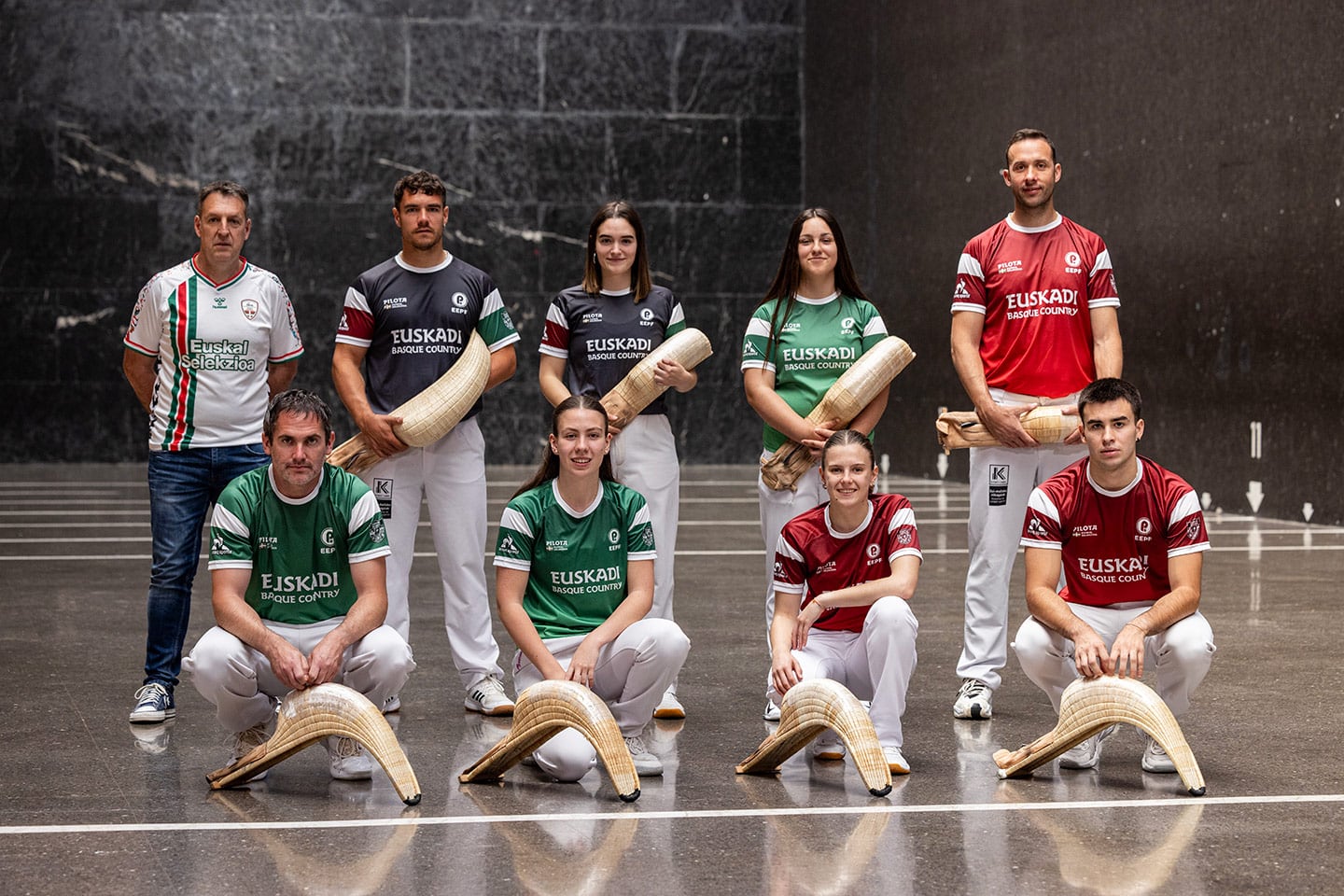
-M.jpg)
